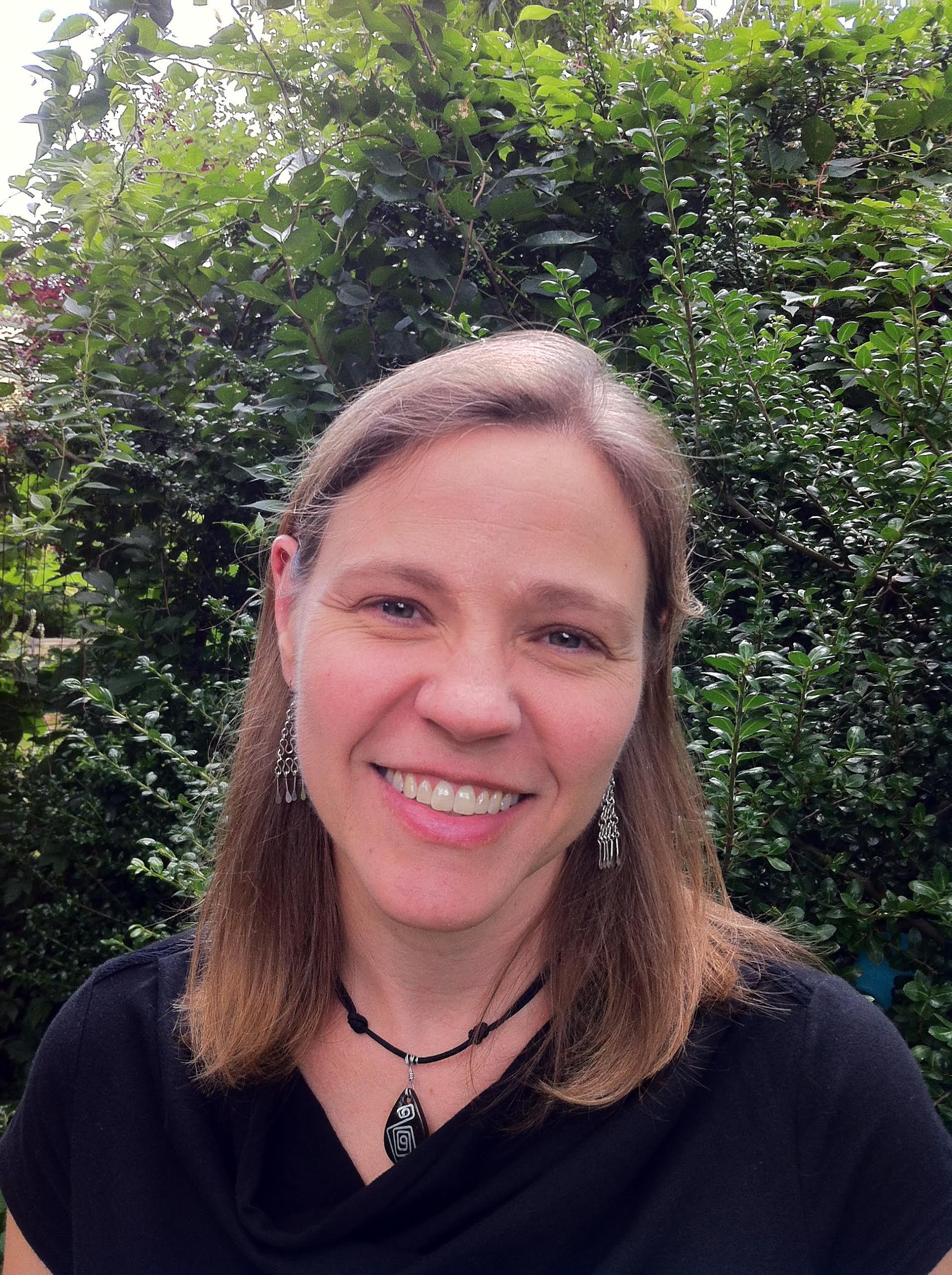Dr. Jennifer Riggan, Professor of International Studies at Arcadia University, is an interdisciplinary scholar whose work is grounded in educational and political anthropology. Her ethnographic research focuses on political identities and the state in Eritrea and Ethiopia. She is the author of The Struggling State: Nationalism, Mass Militarization and the Education of Eritrea (2016) which examined the de-coupling of the nation and the state in light of the fusion of government schooling with mass militarization. Her current research explores temporality, forced migration and new paradigms in global migration management. She has held fellowships from the Georg Arnhold Program (2019), Fulbright (Addis Ababa University 2016-17 & Asmara University 2004-5), The Spencer Foundation/ National Academy of Education (2012-14) and the Social Science Research Council (2004-5). She received her PhD in Education from the University of Pennsylvania in 2007.
Jennifer Riggan
Wolf Humanities Center Regional Fellow
2020—2021 Forum on Choice
Jennifer Riggan
Professor of International Studies, Department of Historical and Political Studies, Arcadia University
"My dream is so many things!" The Temporality of Choosing Between Migration and Containment amount Eritrean Refugees in Ethiopia
Why do refugees migrate from countries of first asylum despite grave risks of doing so? This project focusses on the temporality of choice among those who lack options by exploring how Eritrean refugees in Ethiopia engage with three distinct forms of temporality: the temporal suffering inherent in living in the empty “endless present” of the refugee camp (Dunn 2018), the teleological violence brought on by false promises of progress through educational programming, and prophetic time which entails a leap into the unknown distant future (Guyer 2007). While refugees have little agency over the spaces they inhabit, they do have temporal agency. Understanding this agency over time-making helps us understand the temporality of choice-making amidst precarity more broadly.



